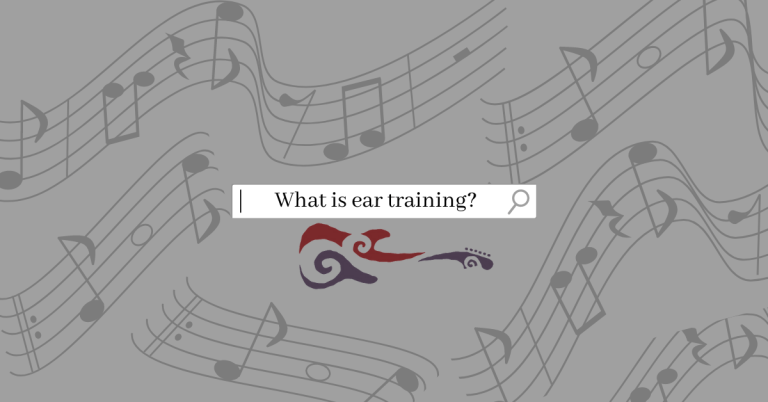The Mozart Effect
Have you ever heard that listening to Mozart can make you smarter? How about playing classical music with a baby in the car will boost their IQ score later in life? Do you have any faint memories of your parents opting for Mozart’s Symphony No. 40 instead of the latest KIDZ BOP? This is called “The Mozart Effect”, and it turns out that researchers (or the media) may have led you astray.
The Mozart Effect study originally came out in 1993 and proclaimed that Mozart’s classical pieces could improve short-term mental performance. The key word there is short term. The original study was performed on college-aged students, not babies, yet the press took the study and ran with it. Classical CD sales boomed as parents were eager to buy anything that would ensure their baby would be the smartest kid in the class. The researchers behind the study later said that listening to Mozart doesn’t have any impact on general intelligence.
However, knowing how to play an instrument can bring you some health benefits. Playing an instrument utilizes every single muscle in the central nervous system, which includes the brain and spinal cord. Many times, regardless of the instrument you choose to play, your right hand will be doing something completely different than your left hand. Your brain is constantly in motion while playing an instrument because you have to pay attention to what you‘re currently doing while preparing for what’s coming up next.
If you learned to play an instrument as a child, then your brain has had many years of ‘exercise’. But that doesn’t mean older beginner musicians won’t experience those same benefits. Individuals 60-years-old or older will experience a decrease in memory loss and improved cognitive function if they take up music lessons later on in life. So while listening Mozart won’t make you smarter, maybe playing it will.








